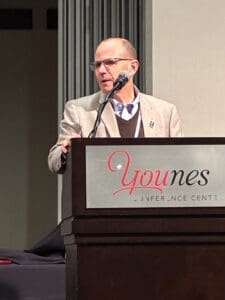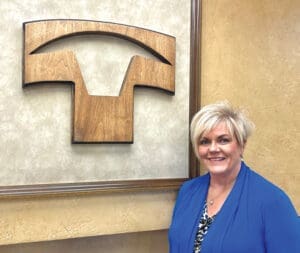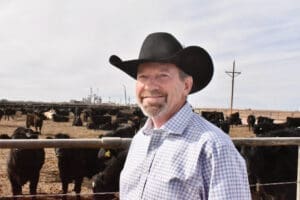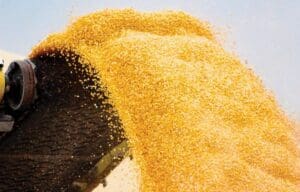By Chris McClure, Contributing Editor
Sometimes you need to just start anew, to scrap everything you thought you knew and take a fresh go at it.
Our view of the world is built up a little at a time. We accumulate knowledge from others and from experience. Hopefully, we are able to apply what we learn in a meaningful way to improve our situation and that of the ones about whom we care. At other times, it just is a matter of getting healed of the breaks and contusions after being pitched off, stomped on and dragged.
Time and change are the only certainties in life. The trouble with change is that it often sneaks up on you like a cat stalking a bird. It is stealthy, quiet, unnoticed and then suddenly deadly. It can bite your head off or, merely play with you – taunt you – until you are nothing but a couple of bloody feathers being licked off the paws. The trouble with time is that it brings change.
Market volatility under the current global political climate has become a certainty. In a way, that is healthy, because it indicates a market that is free to react to changing conditions – or at least the perception of changed conditions – rapidly and with little constraint. It legitimizes what we do because people react to things that are important and tend to ignore the things that aren’t. When the market reacts, it is because it views beef as important to the global economy – or it means there are only six people on the planet who are truly interested, and they are manipulating what happens. As the eternal optimist, I prefer to think the former is the case, not the latter.
Industry consolidation is another thing that has been accepted as routine. The big get bigger, or choose to pursue other, perhaps less risk-intensive interests, and get out. They have found a formula that works for them and have the large industry clout that comes with consolidation. Their advantages often are not apparent to those who haven’t achieved their competitive advantage, but success cannot be ignored – even when it doesn’t fit our personal experience.
An old adage says the best way to become successful is to learn from those who have what you desire. There is wisdom in that approach, but there is also the danger of the “missing” element – often a key piece that we don’t possess. Ultimately, we have to recognize that piece and find our own formula. Sometimes that single puzzle piece can be all the difference; without it our best option might be a completely different route and possibly modified goals.
When the crowd chooses the same direction, it is time to find a new path. Most folks, at least those who operate in rural America, recognize the Biblical phrase: “ … wide is the gate and broad is the road that leads to destruction, and many enter through it. But small is the gate and narrow the road that leads to life and only a few find it” (Matthew 7: 13-14). I think it applies to success too. We each need to find that narrow path suited specifically to us.
I’m obviously focusing on the independent cattle feeders in this commentary, yet the thoughts apply to those working within a corporate environment too. If we seek to be the “same as,” we negate our relevance. I never wanted to be cut from the same cookie-cutter pattern as everyone else. I choose my own path. Perhaps in that way, if in no other, I have chosen the path of those whom I consider mentors. It seems that each of them are unique – they don’t follow the crowd, but find ways that work and stick with them until they spot the cat stalking in the weeds and find a new branch on which to light.
When the big get bigger is a time for the niche player to move in. Economies of scale are due to perceived efficiencies gained with massive capital inputs at the expense of flexibility. It is the little guy who can remain flexible and move quickly to meet opportunity as it develops. It is the small, independent operation that is often the first to recognize and find ways to meet changing consumer preferences. Their run may be brief before they are gobbled up by the larger corporate players, but without them, the narrow path would never be found.
As global political focus grows regarding environmental issues, the “led” public will clamor for change. Sometimes that change won’t make sense from a business perspective that is focused on efficiency, on the more-is-better model, but it will offer opportunity for those willing to re-think their business – to scrap what they thought they knew and go a different direction. They will be recognized by the zig-zag path they follow as they flit from place to place, always just ahead of the cat. Innovation rather than pure efficiency will be their mantra.
Our industry is poised for fragmentation among the smaller and mid-sized operations. There will be a proliferation of innovative business models that exploit the opportunities created by turmoil. They will lead the way into mass customization of products to meet the exploding desire to “feel” a part of what has long been abandoned by the masses – the production of food. Not far behind them will be the massive, ponderous, ever-larger entities that learn from their example and do it more efficiently.





